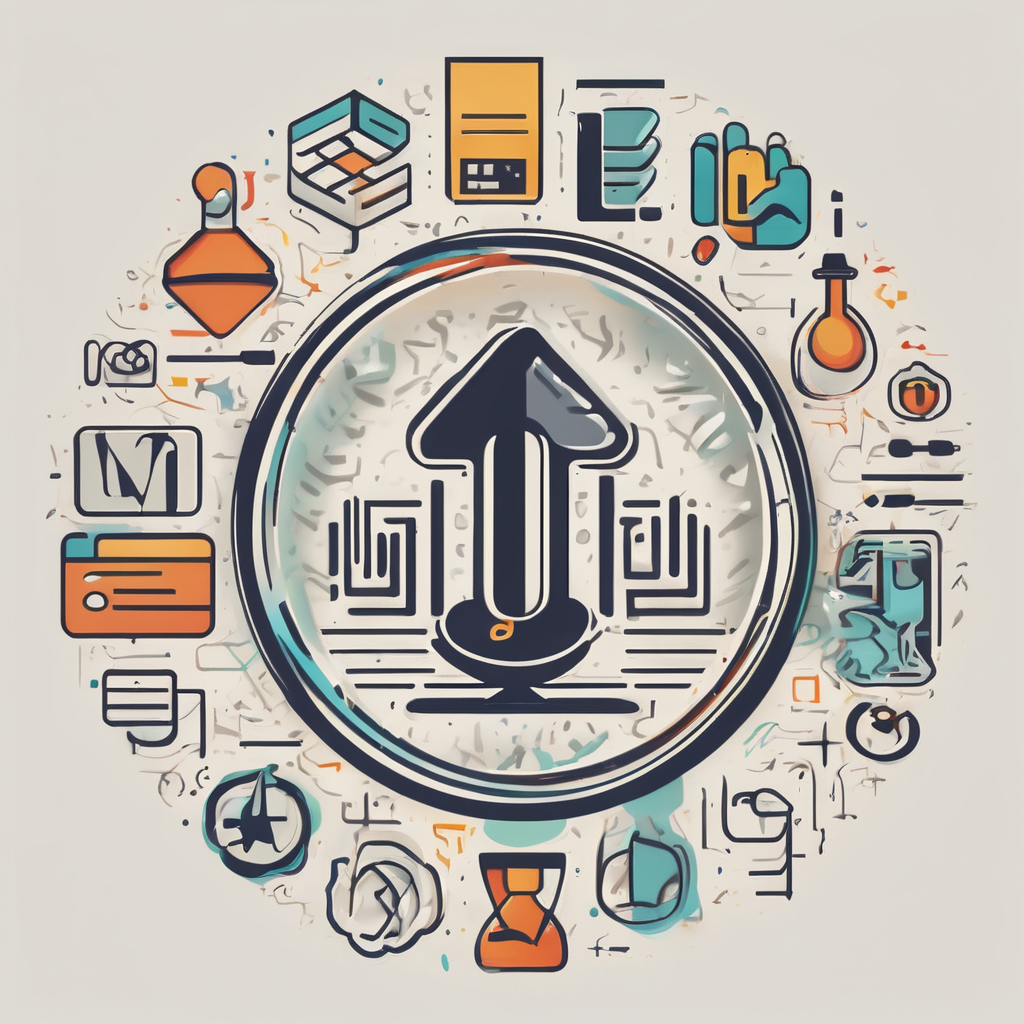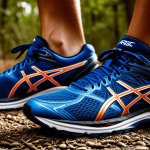Understanding Nutritional Needs for Pregnant Vegans
Pregnancy is a phase marked by increased caloric and nutritional needs, which is especially significant for those following a vegan diet. Meeting these needs ensures both the health of the mother and the effective development of the fetus. Understanding the nutritional requirements for pregnant vegans is essential for optimizing prenatal health.
Pregnant women generally require about 300 additional calories per day. However, it’s not just about increasing caloric intake; it’s vital to focus on nutrient-dense foods rich in essential vitamins and minerals. Vitamins like B12 and D, and minerals such as calcium and iron, play crucial roles in fetal development.
Also to read : Must-Know Blood Tests for First-Time Mothers in the UK: Your Essential Antenatal Guide
Vegan pregnancy diet essentials include finding plant-based alternatives to meet such nutritional requirements. This involves incorporating a diverse array of whole foods like legumes, nuts, seeds, fruits, and vegetables to meet increased nutrient demands. Additionally, fortified foods and supplements become pivotal for nutrients predominantly found in animal-based products.
Navigating these nutritional shifts in a vegan diet involves understanding the differences between standard pregnancy diets and plant-based ones, ensuring all required nutrients are adequately consumed. Monitoring dietary intake and considering professional guidance can help manage this process effectively, assuring both mother and child remain healthy.
Have you seen this : Expecting and Glamorous: Navigating UK Cosmetic Treatment Regulations Safely During Pregnancy
Essential Vitamins and Minerals
Understanding key nutrients during pregnancy is crucial, especially for vegans. One vital nutrient is folate, crucial in preventing neural tube defects in babies. It supports cell division and tissue growth, necessary during pregnancy. Pregnant vegans can find folate in green leafy vegetables, legumes, and fortified cereals.
Folate and Its Importance
Folate is vital for preventing defects during fetal development, particularly neural tube issues that might arise in early pregnancy. Pregnant vegans should aim for foods rich in this nutrient such as spinach, lentils, and orange juice. Prenatal vitamins containing folic acid supplements can ensure adequate intake.
Iron Needs During Pregnancy
Iron is essential for oxygen transport and energy production. Pregnant vegans should include plant-based iron sources like beans, lentils, and tofu in their diet. Consuming vitamin C-rich foods, such as citrus fruits, enhances iron absorption.
Calcium Sources for Vegans
Calcium supports fetal bone development. Plant-based calcium sources include fortified plant milks and leafy greens like kale and broccoli. To maximize calcium absorption, avoid consuming it with high-oxalate vegetables like spinach. Incorporating these sources into meals ensures vegans meet their mineral requirements efficiently.
Protein Requirements and Sources
Ensuring adequate protein intake is crucial for pregnant vegans, as it supports fetal growth and maternal health. During pregnancy, protein needs increase to about 71 grams per day. Meeting these needs through a vegan diet may seem challenging, but it’s feasible with a variety of plant-based protein sources.
Top protein sources for vegans during pregnancy include:
- Legumes: Lentils, chickpeas, and peas are excellent choices, providing high protein content and essential nutrients.
- Tofu and Tempeh: Made from soybeans, these are versatile and protein-rich, fitting easily into various dishes.
- Quinoa and Buckwheat: Not only grains but also complete proteins, offering all essential amino acids.
Incorporating these protein-rich foods into daily meals is essential. For breakfast, consider a smoothie with spinach, almond milk, and a scoop of pea protein powder. For lunch, a salad with mixed beans, avocado, and tahini dressing can be satisfying and nutritious. Dinners can feature tofu stir-fry or a quinoa and vegetable casserole, ensuring a balanced intake throughout the day. By effectively utilizing these sources, pregnant vegans can meet their protein requirements, fostering a healthy pregnancy.
Navigating Dietary Challenges
Navigating a vegan pregnancy presents unique challenges, especially concerning protein, calcium, and iron. A common concern for pregnant vegans is maintaining adequate levels of these vital nutrients. Plant-based alternatives can effectively meet these nutritional requirements when strategically incorporated into the diet.
Managing cravings within a vegan framework can be another obstacle. Cravings often stem from missing nutrients or an increased caloric demand. To mitigate this, focus on nutrient-dense snacks like hummus with whole-grain crackers or a smoothie with almond milk and berries. These choices help maintain satisfaction and nutritional balance.
Dietary advice from healthcare professionals may include a focus on traditional nutrient sources, which can be frustrating for those committed to a plant-based lifestyle. Communicating your preferences to your healthcare provider reinforces that vegan diets can indeed be tailored to meet prenatal needs. Seek recommendations aligned with a vegan approach, emphasizing plant-based nutrient alternatives and supplements.
Approaching these dietary challenges involves understanding the body’s signals and responding with strategic food choices. This proactive approach ensures nutritional adequacy, supporting both maternal and fetal health throughout pregnancy. If faced with conflicting advice, consulting a nutritionist specializing in vegan diets can provide tailored guidance.
Meal Planning and Recipe Suggestions
Crafting a well-rounded vegan pregnancy diet involves careful planning to ensure all nutritional needs are met effectively. This section offers vegan pregnancy recipes designed to support both taste and nutrition.
Breakfast Ideas
Start your day with a bowl of oatmeal topped with chia seeds, berries, and almond butter. These ingredients boost your intake of omega-3s, antioxidants, and protein. Another option is a smoothie using spinach, banana, and flaxseed, offering a power-packed morning drink loaded with essential vitamins.
Lunch and Dinner Recipes
For lunch, consider a hearty quinoa salad featuring mixed greens, chickpeas, and avocado, dressed with lemon and tahini. This is rich in proteins and healthy fats. For dinner, a lentil stew with vegetables like carrots, potatoes, and kale provides a warm, nutrient-dense meal, ensuring your calcium and iron intake.
Snacks and Desserts
Snacks during pregnancy should be convenient and nutritious. Prepare almond-based energy bites with dates for midday satisfaction. For dessert, indulge in dark chocolate avocado mousse, offering a healthy fat source. Balancing flavors and nutrients through these meals fulfills pregnancy dietary needs, satisfying cravings while keeping you and your baby healthy.
UK-Specific Resources and Recommendations
Navigating a vegan pregnancy can be facilitated with the right resources and community support. In the UK, numerous vegan pregnancy resources are available to assist expecting mothers in ensuring a balanced and nutritious diet.
Online platforms such as The Vegan Society offer comprehensive guides tailored for pregnant vegans, covering everything from nutritional requirements to practical meal planning. Accessing these resources can aid in aligning dietary choices with health needs.
For personalized advice, consider consulting UK-based nutritionists who specialise in vegan diets. Professionals like the Plant-Based Health Professionals UK provide expert guidance, ensuring all essential nutrients are covered. They can craft tailored plans to meet the nutritional requirements for pregnant vegans, emphasising crucial elements like iron and calcium.
Local vegan community groups can also be valuable. Connecting with fellow pregnant vegans through meet-ups or online forums can offer shared experiences and recipes. Support networks, both online and in-person, encourage exchanging tips and reassurance.
Finally, utilising services such as Facebook groups dedicated to vegan parenting helps broaden access to peer support. These resources collectively ensure UK-based pregnant vegans navigate their journey with confidence.
Monitoring Health and Wellbeing
Regular checking of health metrics during a vegan pregnancy is crucial for both the mother and developing baby. Prenatal care should include frequent appointments with healthcare providers to evaluate progress and adjust dietary plans as needed, ensuring all nutritional requirements for pregnant vegans are thoroughly met.
It’s beneficial to maintain a dialogue with healthcare providers about dietary choices, enabling professional guidance and reassurance. Openly discussing vegan-specific dietary plans can help address any specific concerns or adjustments required, given that key nutrients for pregnant vegans differ from those in non-vegan diets.
Utilizing modern tracking tools can be invaluable for monitoring both nutritional intake and overall health. Apps and digital platforms designed for prenatal care offer insights into daily nutrient consumption and physical changes, providing data to share with healthcare providers. This aids in making informed decisions about food choices and supplements, ensuring a well-rounded nutritional profile.
Understanding the changes in nutrient needs throughout pregnancy will empower vegan mothers to proactively manage their health. By staying informed and engaging with healthcare professionals, they can enhance their health monitoring approach, supporting both their wellbeing and that of their unborn child.






